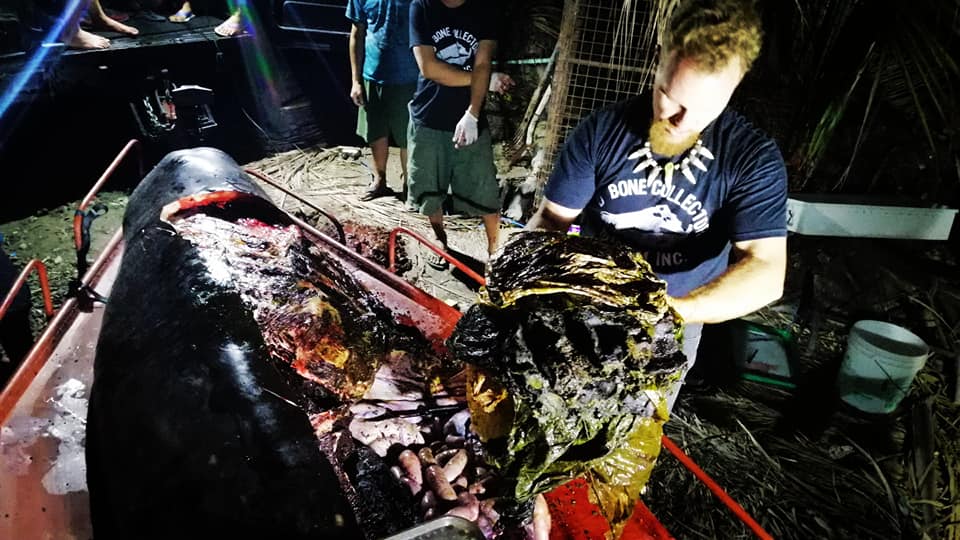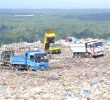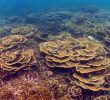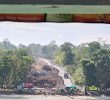
A juvenile male curvier beaked whale was stuck along the coastline of Barangay Cadunan, Mabini, Compostela Valley on March 15. It was later discovered that the whale ingested 40 kilos of plastic bags, resulting to its death. (Photo courtesy of D’ Bone Collector Museum Inc. )
DAVAO CITY, Philippines — A call to strengthen the efforts to protect the Davao Gulf was raised on Tuesday’s regular session of the Sangguniang Panlunsod after a dead whale was found with more than 88 pounds of plastic wastes jammed into its belly.
Darrell Blatchley, a marine mammal expert and the curator at the D’Bone Collector Museum in Davao City spoke during the session and said that “there should be an iron hand implementation of the law” which shall reinforce an active guard against throwing of garbage in the Davao Gulf.
“In the last 10 years, our museum has recovered 61 dead whales in the Davao Gulf. Fifty-seven died because they have eaten plastics, dynamite fishing, and plastic nets and of the 57, four whales were pregnant. That does include the death of a Butanding (whale shark) and a Pawikan (sea turtle) in the same length of the year,” said Blatchley.
It’s the most ever plastic found, approximately 40 kilos, in an animal’s belly worldwide, Blatchley described on the case of the dead young male curvier beaked recently found.
He believes that the same with the other laws implemented in Davao City, “laws prohibiting the irresponsible throwing of garbage should also be implemented with serious punishments”.
Davao Gulf is inhabited by 18 known species of whales and dolphins, Blatchley said, and the common cause of death of these species is due to plastic garbage thrown in the ocean.
But the Committee on the Environment clarified that “the city has enough laws on garbage regulation” and that concerned authorities are responsible for their implementation.
Even with the existing ordinance, Councilor Diosdado Mahipus said in an interview that a lot of people residing in the coastal area are throwing garbage everywhere with the majority of it going in the ocean and become the “normal food” of sea animals.
“We are going to call upon the enforcement authorities to be very strict in the disposal of garbage especially in our aquatic areas,” said Councilor Mahipus.
The legislator added that they will also look into the “illegal throwing of garbage done by cruise ships and inter-island vessels” to the sea to lessen their tipping fee upon docking in the city. Many of these ships and vessels, according to Councilor Mahipus, regularly throw their garbage in the ocean that pose danger to sea creatures.
Meanwhile, Blatchley worries that the “public would find it normal to see a dead whale due to garbage in its stomach” and continue its practice of irresponsible disposal of garbage.
“It’s not good to see animals die because of garbage and not because they are old. Ninety percent of Pawikans that die in Davao Gulf had eaten lots of plastic. It’s not normal anymore,” Blatchley added.
In the first quarter of 2019, three whales and a dolphin were already found dead in Davao Gulf with plastics found in their stomachs. The new case of death of curvier beaked whale has already risen alarm among environmental and animals rights advocates around the world. (davaotoday.com)









